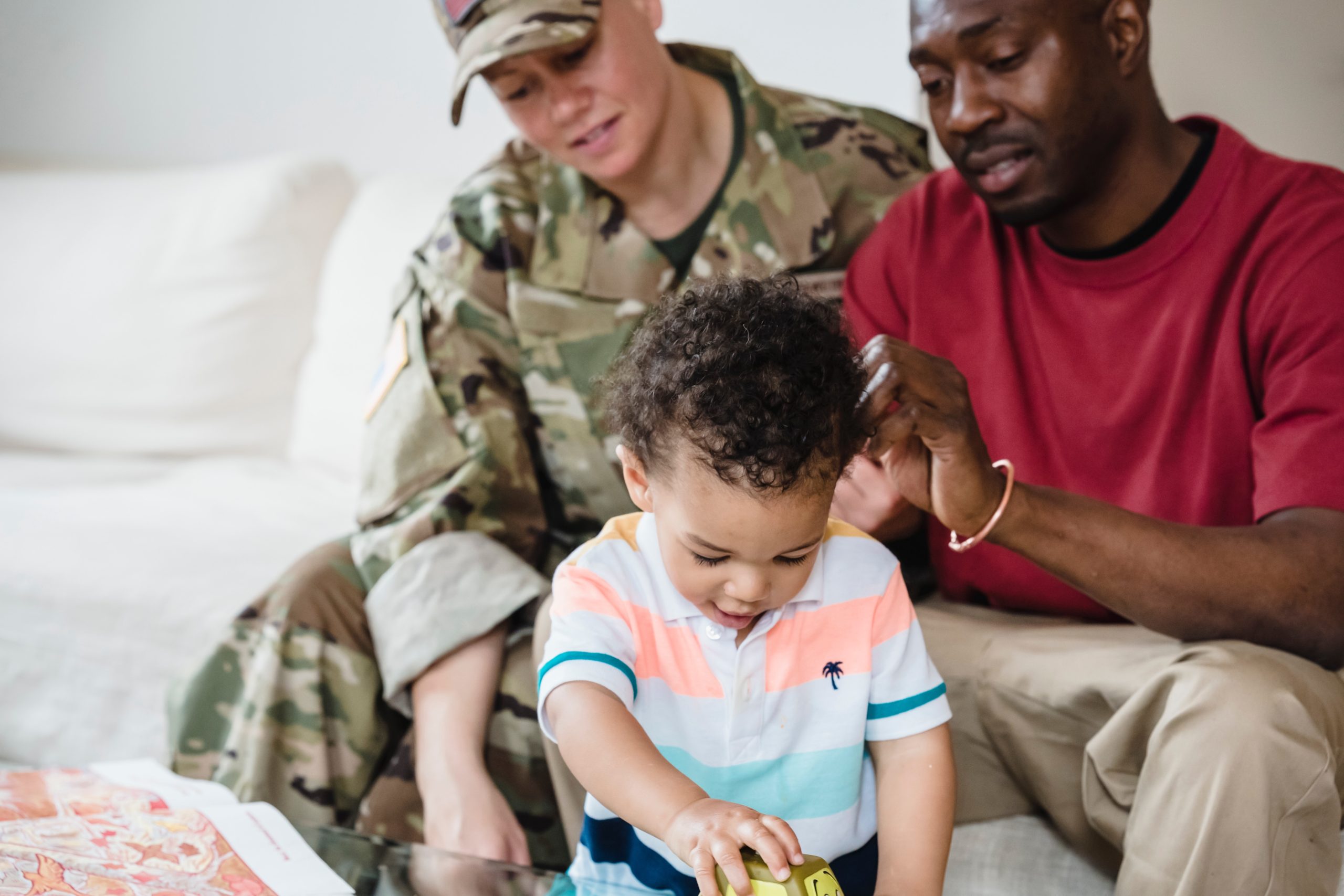
Being in the military is unlike anything most people will ever experience in their lives. Life during service offers a sense of routine, structure and purpose that’s difficult to recreate in everyday civilian life. Service time can also create physical and mental health complications that make that transition all the more bumpy.
While it can be an incredibly emotional, confronting and confusing situation for anyone, it’s important to know that these feelings are completely normal. In fact, recent statistics found that about half of veterans in the last 20 years found it somewhat (32%) or very (16%) difficult for them to readjust to civilian life [Source: Pew Research, 2019].
Just like the military experience is unique for every veteran, so too are the challenges they face upon returning home. However, there are a few common hurdles that people may encounter regardless during the initial stages of transition.
Three challenges veterans face when transitioning back to civilian life
- Relating to family and friends
Many veterans can find it challenging to relate to civilians who don’t know or understand what they’ve experienced during their time of service. Military families may have also created new routines while their service member was away, which means they’re met by a completely unfamiliar environment.
As a result, many veterans struggle with feelings of isolation, confusion and loneliness. This sense of uncertainty can not only be unsettling during an already tumultuous period, but can also invalidate their struggles and reduce the likelihood of them reaching out for help. When family and friends try to reach out, the consequential emotional intensity can even eventuate into disagreements and instability.
- Joining or creating a community
Living and working in close quarters for such extended periods of time ensures the military community is typically close knit and veterans often form close relationships with the people they serve alongside. This sense of understanding, acceptance and support is wonderful during the time of service, but it can be challenging upon arriving home as troops are often dispersed across the country or even across the globe.
When veterans struggle relating to family and friends, they often start seeking out the support of others who share their experiences. However, it’s not always easy to meet and connect with those of similar ages, demographics and lifestyles. This can bring even deeper feelings of isolation and confusion.
- Creating a structure
During military service, life is structured and organised – often beyond the control of the individual. It’s not necessarily the absence of structure in home life that veterans struggle with, but the need to create their own routine or adjust to an environment that doesn’t abide by a structure they’re accustomed to.
In the same sense, the absence of any military fitness standards can make it difficult for veterans to engage in a ‘normal’ level of exercise. The lack of training structure often leads to significant over-training or a complete lack of physical exercise all together.
Overcoming the hurdles between military and civilian life
While the challenges faced in the transition into civilian life can feel overwhelming and all-encompassing, it’s an experience veterans across the globe face each and every year. At Deploi, our mission is to support the military community and help veterans struggling through this stage of their life.
Our research has uncovered two core elements pivotal to smoothing out the transition:
- Finding professionals that understand
The unique nature of the veteran experience requires support from professionals that understand – those trained to acknowledge your past, identify your biggest hurdles and find the treatment options best suited to your circumstances. Generalised practitioners are great for immediate triage, but those with specialised training are key to long-term and meaningful recovery.
- Connecting with community of veterans with shared experiences
The return to loved ones at home is something nearly every veteran looks forward to during their service, but can often be far more challenging and confronting than anyone expects. The feelings of isolation and frustrating are simply things they cannot relate to, so it’s important to stay connected with those that can appreciate your struggles and provide considered support.
Our findings are exactly why we’ve created Deploi – a community that combines specialised healthcare with presonalised social connection to guide veterans through the process of transitioning to civilian life and beyond. To learn more about the work we’re doing at Deploi, click here.
